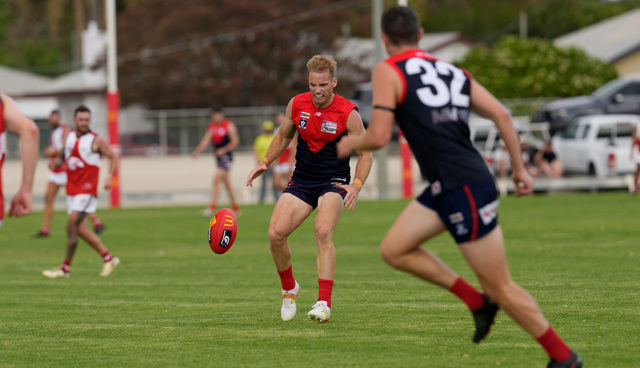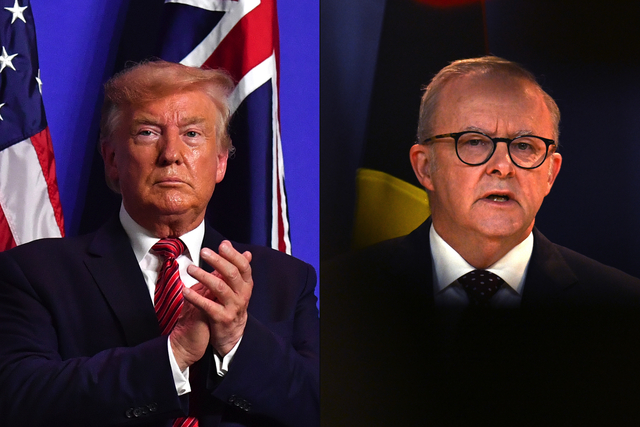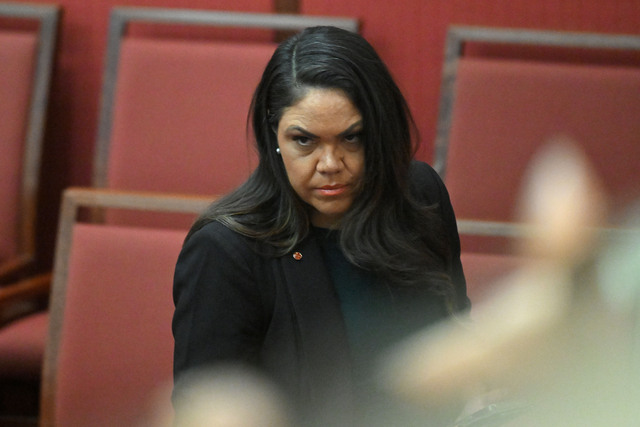HEALTH workers who moved to the regions would pay much less tax than their city counterparts under a plan being partly formulated by Mallee MP Anne Webster, who wants to take it to the next election as Coalition policy.
The plan is designed to create incentives for health professionals to move to regional areas and fill the chronic gaps in service provision experienced across the sector outside capital cities.
Dr Webster has told Sunraysia Daily that although the plan is “embryonic” and not yet ready to share in detail with the public, it is advanced enough to have already been costed.
She will not yet reveal the scale of proposed tax incentives, but it is understood they would have to be substantial to meet their objective.
Elevated within the Coalition since it lost the last election to Labor, she now plays a more senior national role as the Opposition’s assistant spokesperson for regional health and so is expected to play a significant part in framing election policy.
Her party, the Nationals, would have to consider the costings and other details of the plan before details such as proposed taxation rates were made public, Dr Webster said, but she believed a substantial hip-pocket incentive could be part of a wider strategy to address the “dire” shortage of local medical workers.
“We’re in the embryonic stage of developing tax policy for health professionals, across the board, who move out to the regions,” Dr Webster said.
“It’s been costed and we’ll just see how it comes back (from party consultation).
“We think it should be one of the helpful ways to increase out workforce in the region, because we are in a dire state.”
Such a strategy would also have to involve the local training of doctors and nurses through expanded tertiary medical education offered locally, a platform of Dr Webster’s since her election to the federal seat in 2019.
“Most training goes on in the cities, so once young people leave a regional area and they go down to Melbourne or Sydney or Adelaide and they do their study, fall in love, set down roots down in the city, so we need to increase training in the regions and I am passionately focused on doing that,” she said.
The presence of more qualified health professionals with whom young doctors, nurses and allied health professionals could train had also been identified as a potential regional recruitment strength and the tax policy would play a part in drawing those people here.
She cited as an example the relocation to Mildura of a top Melbourne surgeon who had brought with him state-of-the-art theatre technology “so he has young doctors who are wanting to leave Melbourne and do their registration under him”.
Research had also shown that housing, infrastructure and resources were also key to recruitment to regional areas and so the tax plan would have to be part of a wider strategy.
“There are a number of issues that we’re addressing taking policy to the election to address this issue of regional healthcare and the lack of workforce, because it is the underlying problem,” Dr Webster said.







